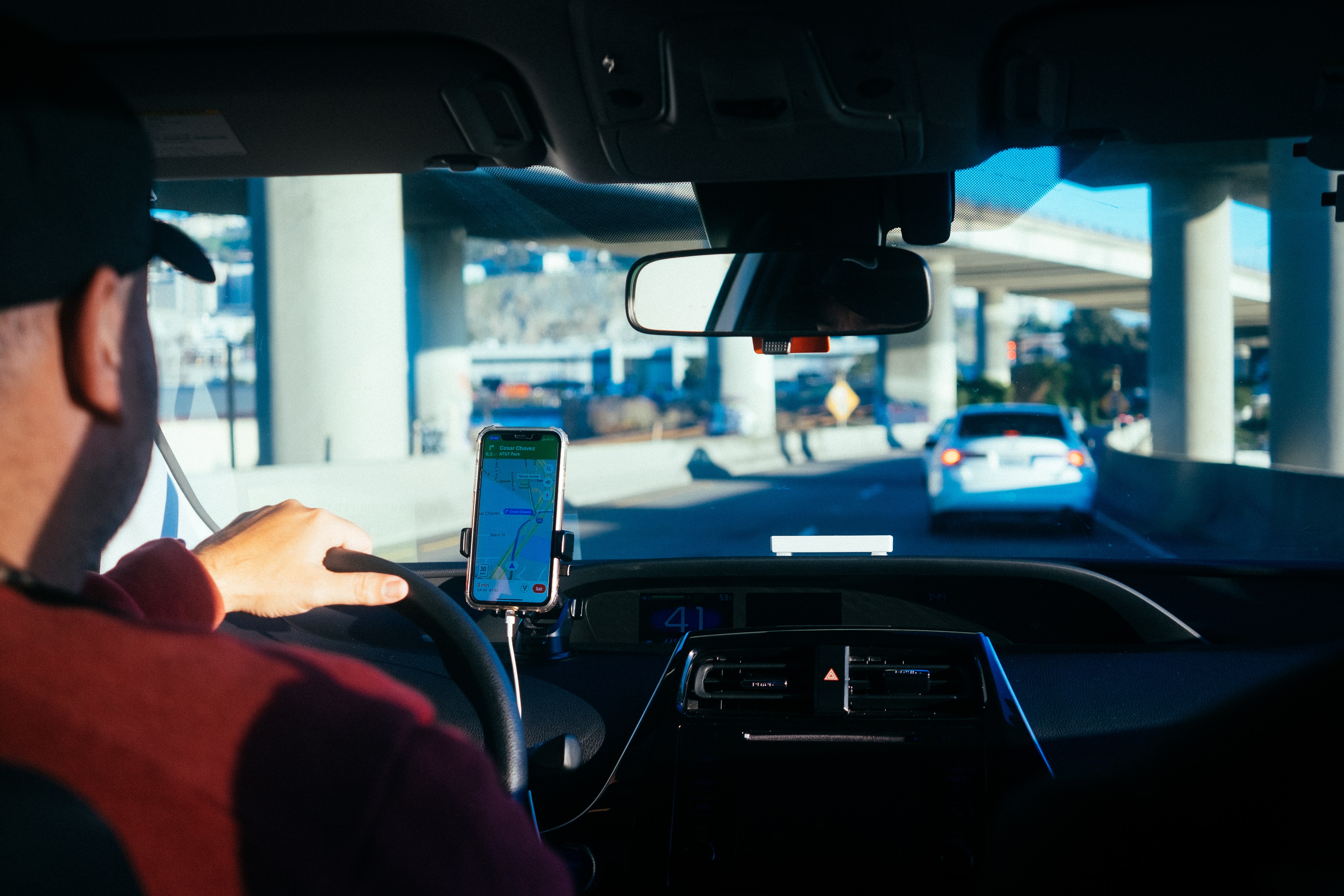
Uber and Lyft need to stop drivers from preaching to passengers, the Freedom From Religion Foundation is urging in open letters to the ride-sharing companies.
The Freedom From Religion Foundation has contacted Uber and Lyft officials to request that the companies bar their drivers from turning the ride-hailing businesses into ride-hailing ministries.
A major Associated Press piece documents how some Uber and Lyft drivers have been directly imposing their personal religious views on unsuspecting clients and playing gospel music for purposes of conversion. Such unprofessional conduct harasses secular and religious minority passengers, the national association of freethinkers (atheists and agnostics) contends. Passengers will not feel comfortable if they are forced to fend off unwanted preaching or may be put at potential risk due to distracted drivers more intent on winning souls than providing safe transportation.
“No one should have to pay to be missionized against their will,” write Dan Barker and Annie Laurie Gaylor, FFRF co-presidents. “Nonreligious and minority religious riders do not feel safe, welcomed or respected when they are confronted with proselytizing while stuck in a moving vehicle with a driver preaching at them.”
Both Uber and Lyft have anti-discrimination policies that forbids drivers from discrimination based on religion, but neither service explicitly bars drivers from using their vehicles as a personal pulpit. Though both businesses state they commit to creating safe and inclusive workspaces, allowing drivers to create a mobile church against the will of passengers is insensitive and inappropriate.
“Nonreligious or minority religion users should not be made to feel excluded, or like outsiders because a driver is allowed to push personal religious beliefs upon passengers,” FFRF states. “Currently, about three-in-10 U.S. adults (29 percent) are religious ‘nones’ — people who describe themselves as atheists, agnostics or ‘nothing in particular’ when asked about their religious identity. More than a third of the population falls into one of these two categories and that’s a lot of people to offend.”
That’s why both companies need to enact policies that will forbid drivers from attempting to convert paying customers to their personal religion, FFRF insists.
FFRF urges the companies to uphold their commitment to maintaining an inclusive and welcoming community by implementing clear policies prohibiting its drivers from proselytizing, preaching or otherwise utilizing its services to advance their personal religious viewpoints.
Read FFRF’s letter to Lyft here and Uber here.
The Freedom From Religion Foundation is a national nonprofit with more than 39,000 members across the country. FFRF’s purposes are to protect the constitutional principle of separation between state and church, and to educate the public on matters related to nontheism.

